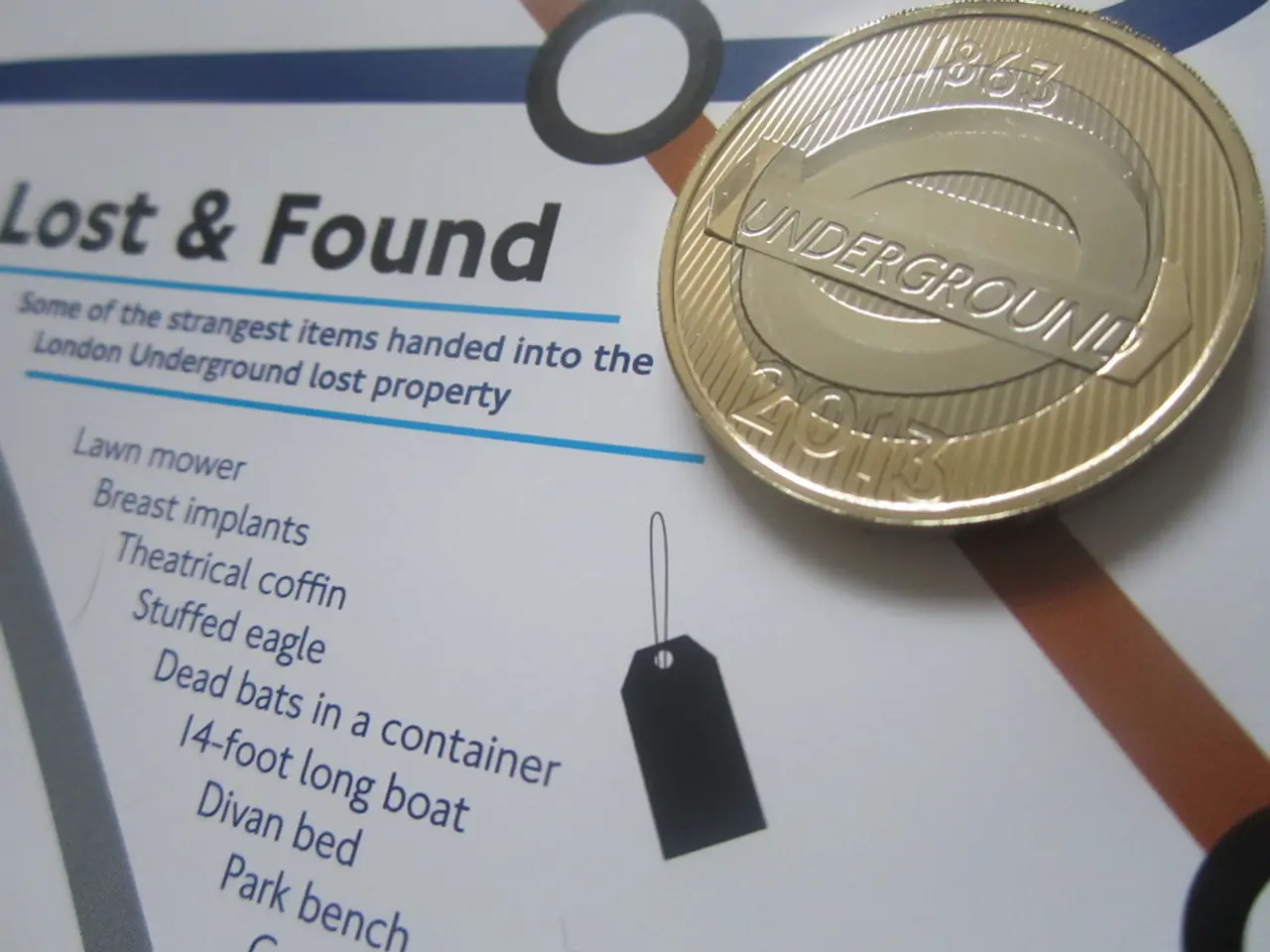Proposed measures unveiled by SC Malaysia for digital securities in the capital market sector
Malaysia Embraces Innovation in Tokenized Capital Markets
Malaysia is moving forward with a balanced regulatory approach to tokenized capital market products, integrating traditional securities laws with new digital asset-specific guidelines. This twin track approach aims to protect investors while fostering innovation, particularly for small and medium-sized enterprises (SMEs) seeking to tokenize real-world assets and tap global capital markets.
Under this new framework, platforms enabling tokenized payments or capital-raising will employ on-chain monitoring tools, real-time ledger reconciliation, and accounting modules that facilitate transparent audit trails for both issuers and investors. These systems will include safeguards against double spending, robust know-your-customer (KYC) and anti-money laundering (AML) integrations, and automated reporting to regulatory bodies for compliance and tax purposes.
The Securities Commission (SC) of Malaysia's proposed framework outlines regulations for tokenized capital market products, which are digital representations of traditional securities using distributed ledger technology. However, it does not apply to cryptocurrencies or utility tokens. The SC's initial focus is on "digital twin" tokens, which are digital representations of traditional securities, rather than natively digital blockchain assets known as "digital securities."
Issuers of tokenized products must comply with all existing securities laws in addition to blockchain-specific protections. They must provide expanded disclosures, including details about on-chain or off-chain records, immobilization methods for conventional securities, blockchain specifications, and comprehensive risk disclosures.
Bank Negara Malaysia, the central bank of Malaysia, initially planned both wholesale and retail Central Bank Digital Currencies (CBDCs), but now focuses exclusively on wholesale applications. The SC's proposed framework will be updated to address digital securities in future phases.
Malaysia's vision for digital finance is supported by the government’s "whole-of-nation" strategy and initiatives like Project Juara. This collaboration among regulators, developers, and financial institutions aims to build secure, compliant digital finance ecosystems, encouraging SMEs to adopt tokenization of assets like real estate and intellectual property, unlocking liquidity and access to global investors.
The SC's approach to regulation is designed to address concerns about the bias towards existing technologies in legislation. Malaysia aligns with global calls for clear legal frameworks around tokenized securities to avoid investor confusion and ensure that tokenized products are not misrepresented as traditional stocks, thus safeguarding market integrity.
The consultation paper for the proposed framework states that its aim is to promote responsible innovation, facilitating innovation while ensuring investors' interests are not compromised. The SC has announced a consultation period lasting until June 16, 2025, inviting feedback from the public and industry stakeholders.
In summary, Malaysia’s regulatory framework for tokenized capital market products is characterized by a balanced twin track approach that maintains traditional securities protections while enabling innovative blockchain applications through technology-enabled compliance (including reconciliation) and broad government-backed digital finance initiatives. This positions Malaysia as a progressive hub for tokenized assets with a focus on security, transparency, and investor protection.
[1] Securities Commission Malaysia. (2022). Consultation Paper on Regulation of Tokenised Capital Market Products. Retrieved from https://www.sc.com.my/media/5202/consultation-paper-on-regulation-of-tokenised-capital-market-products.pdf
[2] Bank Negara Malaysia. (2021). Digital Finance Framework. Retrieved from https://www.bnm.gov.my/en/digital-finance/digital-finance-framework.html
[3] World Federation of Exchanges. (2020). Global Policy Initiative on Digital Asset Trading. Retrieved from https://www.world-exchanges.org/wp-content/uploads/2020/09/WFE-Digital-Asset-Trading-Policy-Initiative-Report-2020.pdf
[4] Bank Negara Malaysia. (2021). Digital Twin Token Framework. Retrieved from https://www.bnm.gov.my/en/digital-finance/digital-finance-framework/digital-twin-token-framework.html
[5] Project Juara. (n.d.). Retrieved from https://www.projectjuara.my/
- The Securities Commission of Malaysia (SC) is planning to update its proposed framework to address digital securities in future phases, including Central Bank Digital Currencies (CBDCs) for retail use.
- Under the new framework, the Malaysian industry will leverage blockchain technology to employ on-chain monitoring tools and automated reporting for compliance purposes, ensuring a transparent audit trail for both issuers and investors.
- Regulation of tokenized capital market products in Malaysia is designed to facilitate responsible innovation in the finance industry while maintaining transparency, security, and investor protection.
- With Project Juara, a collaboration among regulators, developers, and financial institutions, Malaysia is encouraging small and medium-sized enterprises (SMEs) to tokenize assets like real estate and intellectual property, unlocking liquidity and access to global investors.
- Malaysia's digital finance strategy is supported by clear legal frameworks around tokenized securities, aligning with global calls to avoid investor confusion and safeguard market integrity, making Malaysia a progressive hub for tokenized assets.




